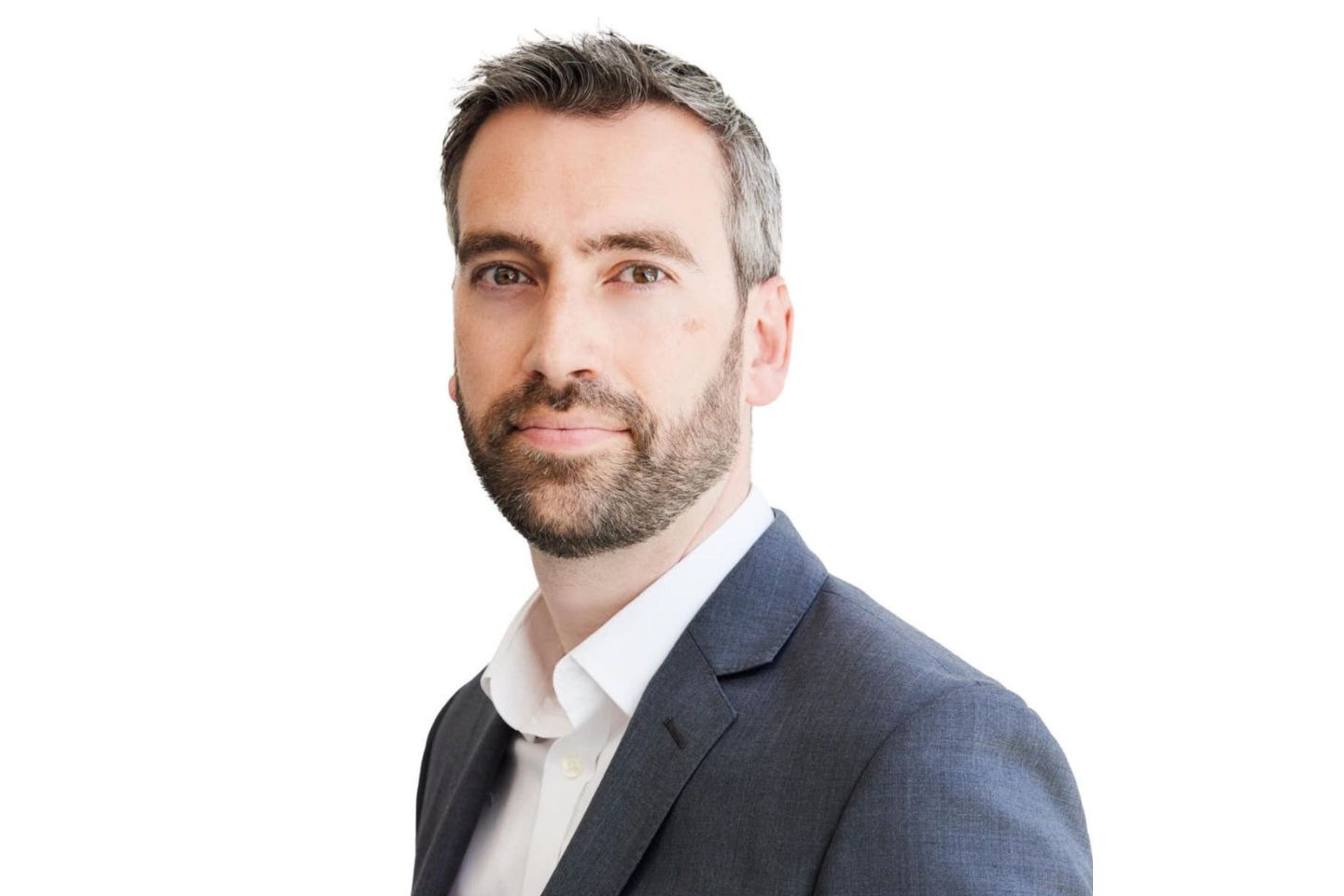In the spring of 2023, while his classmates at Georgetown were cramming for finals, Brendan Foody was busy testing out his new theory of work.
“I knew I wanted to drop out before finals my sophomore year,” he told Coins2Day. “I just didn’t go to finals.”
By then, Foody had already found something he couldn’t learn in a lecture hall. A few months earlier, at a hackathon in São Paulo, he and his co-founders had stumbled onto a simple but powerful model: match companies with skilled engineers abroad, handle the logistics, and take a small cut of each deal. Their first client agreed to pay $500 a week for a developer; Mercor paid the engineer roughly 70% and kept the rest as a service fee.
What began as a way to connect talent soon evolved into something more ambitious: a marketplace where humans could help train the AI systems that might one day replace them. Mercor now hires professionals—consultants, lawyers, bankers, and doctors—to create “evals” and rubrics that test and refine models’ reasoning.
“Everyone’s been focused on what models can do,” Foody said. “But the real opportunity is teaching them what only humans know—judgment, nuance, and taste.”
Within nine months, he and his co-founders—high school friends and debate teammates Adarsh Hiremath and Surya Midha—had turned that fledgling idea into a company with a $1 million revenue run rate. The trio’s early success was less a fluke than a proof of concept: that the same structured reasoning they once practiced on the debate circuit could be codified to teach machines how to think.
Two years later, Mercor has become a $10 billion company, turning the trio into the world’s youngest self-made billionaires. The product of that São Paulo experiment had transformed into one of the fastest-scaling startups of the AI era, attracting major investors who view it as a linchpin in the future of human-in-the-loop automation.
To Foody, the leap from college dropout to billionaire founder was rational.
“When I was in college, work was something I had to be disciplined to do,” he said. “When I started Mercor, it became something I couldn’t stop thinking about.”
Foody still hasn’t taken a day off in three years. He says even when he’s at the dinner table with his parents, he thinks about work, which, to him, doesn’t feel like work.
“People burn out when they work hard on things that don’t feel compounding,” he explained. “I see the ROI of my time every day.”
That mindset has become the philosophical core of Mercor’s mission. In Foody’s view, AI isn’t eliminating labor: it’s reallocating it. As software automates repetitive white-collar tasks, humans will move up the value chain, teaching machines how to reason, decide, and create.
“It’s like we have this bottleneck of only so much human labor in the economy,” he said. “That shape is going to change radically over the next decade.”
How is Mercor alleviating the bottleneck? Its platform allows enterprises to commission thousands of micro-tasks that measure model performance in real professional contexts: writing a financial memo, drafting a legal brief, or analyzing a medical chart. Human evaluators grade each output against detailed rubrics, feeding structured feedback back into the model. Every evaluation helps AI learn how people make decisions, and how they measure quality.
At the center of that system is APEX—the AI Productivity Index, Mercor’s proprietary benchmark for assessing how well AI performs economically valuable work. Rather than test abstract reasoning or mathematical puzzles, APEX evaluates large models on 200 tasks drawn from the workflows of investment bankers, lawyers, consultants, and physicians. To build it, Mercor enlisted a heavyweight advisory group that includes former Treasury Secretary Larry Summers, ex-McKinsey managing partner Dominic Barton, legal scholar Cass Sunstein, and cardiologist Eric Topol. Each helped design the evaluation rubrics and case structures to mirror the realities of high-stakes professional labor.
As the company puts it: “It’s great to have 10,000 PhDs in your pocket—it’s even better to have a model that can reliably do your taxes.”
The implications of Mercor’s success are sweeping. In Foody’s eyes, this new labor market could employ millions of people globally while accelerating AI progress.
“We’ll automate maybe two-thirds of knowledge work,” he said. “And that’ll be incredible, because it lets us do things like cure cancer and go to Mars.”
For investors, Mercor’s growth story is irresistible. It sits at the intersection of two seismic shifts: the mainstreaming of AI and the rise of flexible, project-based work. Each corporate client adds new evaluators, and each evaluator helps refine more models, creating a flywheel of both data and demand.
“We have one of the fastest revenue ramps of any company in history,” Foody said matter-of-factly.
Foody likes to describe it as the next industrial revolution. He knows people are afraid of being replaced by AI, and constantly fields questions on the ethics of training AI to replace jobs. Foody argues we ought to just bite the bullet.
“It’s easy to fall into a Luddite mindset and see productivity gains as bad because they cause short-term job losses,” Foody said. “But every major technical revolution has ultimately made life better.”
After the industrial revolution, the economy went from 75% of Americans working as farmers to about 1%, and that freed people to do everything else, Foody said.
“The challenge now is to be thoughtful about what comes next: the higher, better things humans will spend time on,” Foody said, “and how quickly we can help make that future real.”












